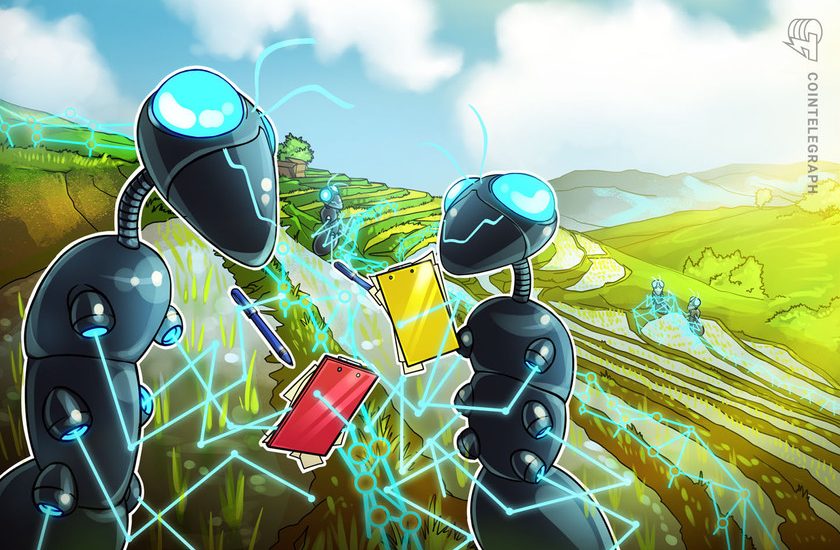- April 22, 2021
- Posted by: admin
- Category: BitCoin, Blockchain, Cryptocurrency, Investments


While the agricultural sector is among the industries standing to benefit the most from blockchain tech, poor access to infrastructure has been holding the industry back.
While the agricultural industry stands to reap enormous efficiency savings through the adoption of distributed ledger technologies, many farmers lack the digital infrastructure to support the integration of blockchain solutions.
Speaking as part of Australian Blockchain Week on April 21, Bridie Ohlsson, the CEO of digital agricultural infrastructure provider Geora, discussed the challenges associated with fostering DLT adoption within primary industries.
“In ag tech, it’s been a problem of not having enough infrastructure, not there not being a use case,” she said. “As long as we have farmers calling up and saying, ‘Hey, your product looks great, but I don’t have internet on-farm’, that’s an infrastructure problem. And so we definitely need to be investing more in simply access to technologies.”
“In 2016, when we started piloting some of the applications of blockchain for [agriculture], we were moving people off pen and paper, and our biggest competitor was Excel.”
Ohlsson also argued that agriculture has failed to realize the promise of blockchain technology as a force for democratization so far, with the majority of DLT pilots being executed by large corporate entities:
“Blockchain has been a world of multimillion dollar pilots for vertically integrated companies. It hasn’t held true to its promise necessarily of democratizing access to technology, and it’s been too technical and too expensive for 570 million farmers globally to access.”
However, Ohlsson believes this is now changing, asserting the technology can now be offered at an affordable price, “rather than starting with a huge pilot agreement, a whole lot of legals, and hundreds of millions of dollars in the bank.”
“I think that it’s shifting, and I think that puts us in a good position now to capitalize on what we haven’t been able to deliver previously,” she added.
With Australia losing billions annually to food and wine products fraudulently claiming Australian origin in the global markets, an increasing number of firms are trying to use blockchain to certify provenance and drive savings across the agricultural supply chain. BeefChain, AgChain and VeChain are just some of the providers offering solutions.
Last year, Mastercard, Visa, and AliPay were revealed to be involved in the newly launched APAC Provenance Council, which focused on supply chain tracing pilots in the Asia Pacific region.
In 2018, Australia’s National Transport Insurance announced a trial in partnership with BeefLedger to bolster the supply chain integrity of beef exports.
